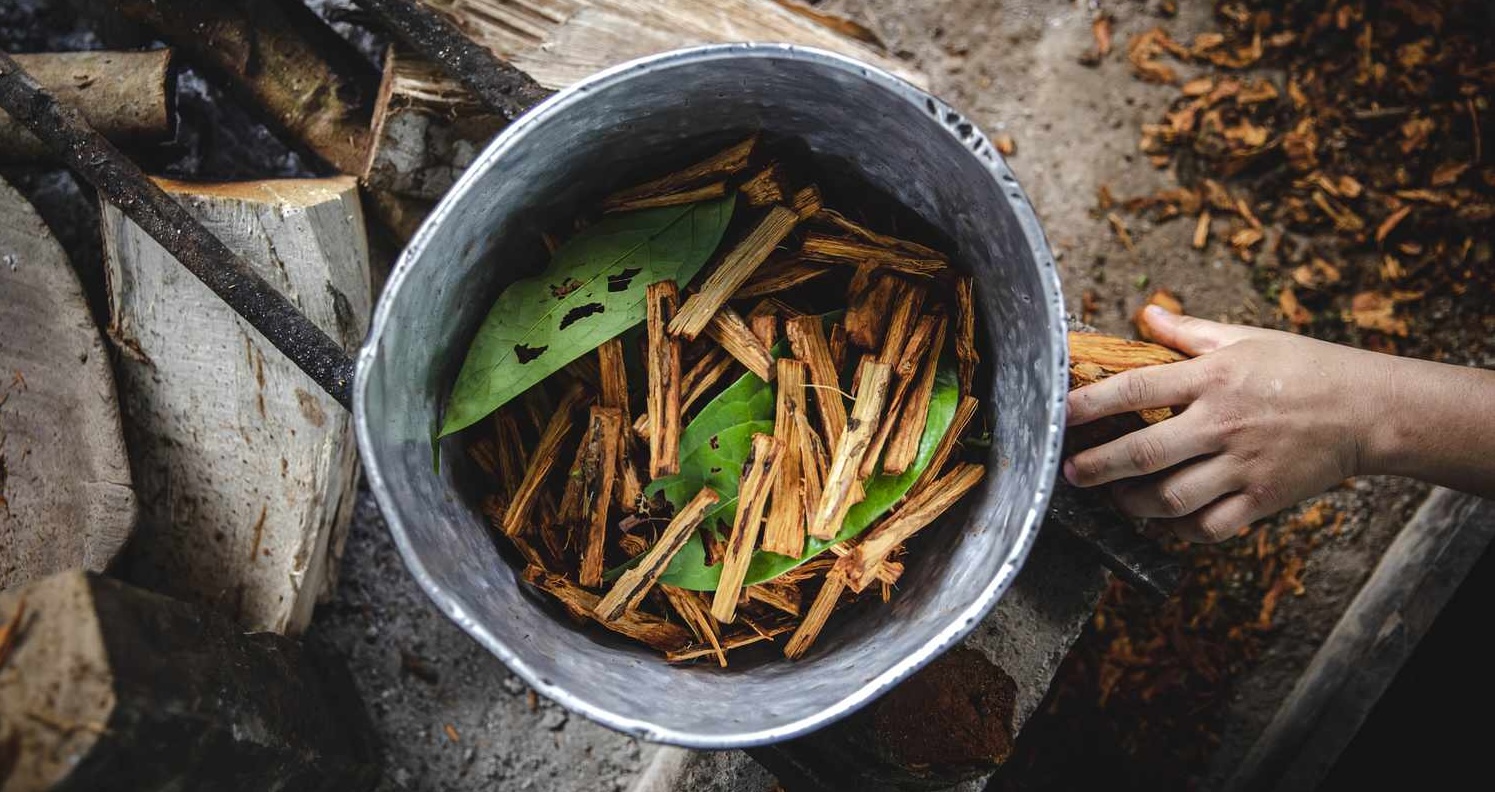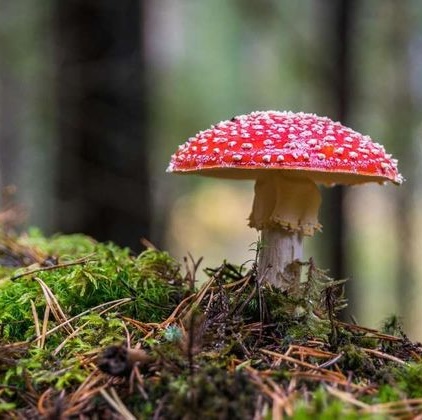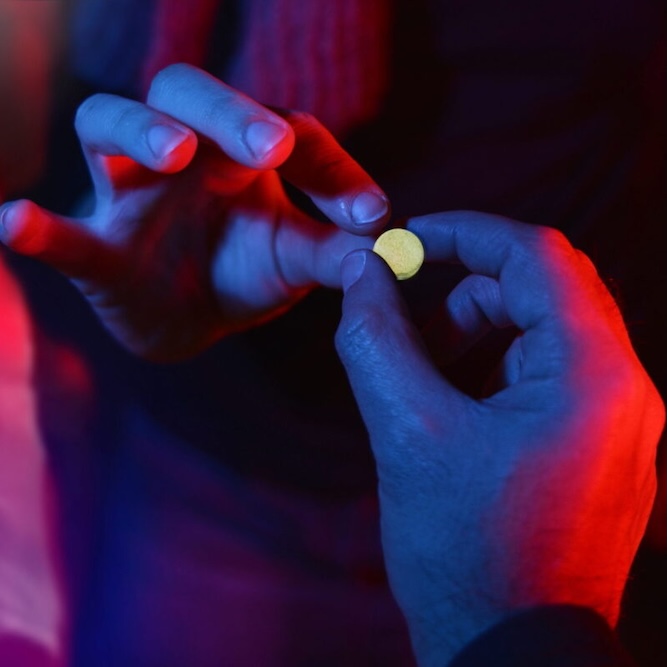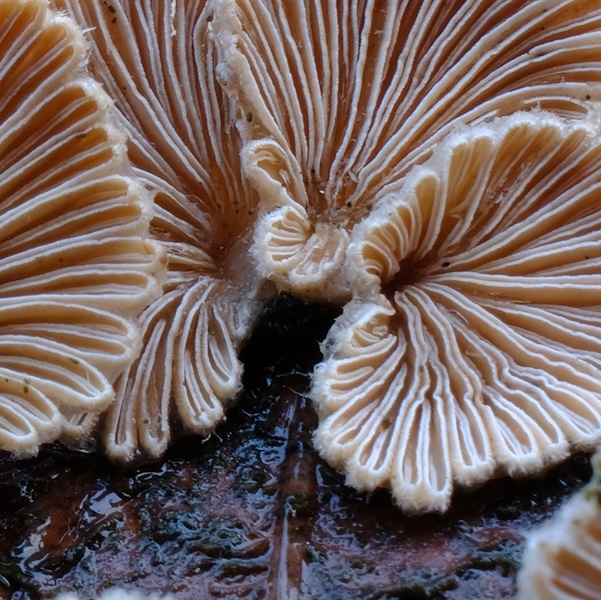Top professional athletes say ayahuasca, the plant brew from the Amazon, can be used to train at the highest levels, but is it true? Ayahuasca, a plant-based brew traditionally used in Amazonian shamanic practices, has long been heralded for its profound impact on spiritual transformation and is typically associated with deep introspection and emotional healing. Recently, the plant medicine has been gaining attention as a potential aid for athletic performance enhancement—a surprising application that expands beyond traditional uses and could redefine how athletes approach mental resilience, recovery, and even physical strength.
In a recent episode of The Everyday Warrior Nation podcast, top athletes, including former NFL player John Welbourn and jiu-jitsu legend Xande Ribeiro, shared how ayahuasca revealed surprising connections between trauma, emotions, and peak athletic performance. The two discussed their experiences attending Rythmia, a luxury ayahuasca retreat center in Costa Rica. The retreat, popular among celebrities, was founded by Gerald Powell, an Italian-American entrepreneur who began his career in the plastic surgery industry. Branding itself as a “life enhancement center,” Rythmia offers five-star features like a swimming pool, massages, and hydro-colonic cleanses. These luxury amenities have helped shift ayahuasca’s appeal from New Age stereotypes to attracting top athletes like Welbourn and Ribeiro.
On the podcast, former NFL offensive tackle Welbourn shared how ayahuasca helped him make surprising connections between trauma, emotions, and his athletic performance. Podcast host Mike Sarraille noted, “When you’re competing at the level that John did, there’s a level of compartmentalization. There’s no time for feelings right now; if you messed up that play, it’s over, you’re moving forward.”
Welbourn explained, “It got to the point where I thought I was emotionally broken for a number of years,” describing his detachment from emotions as part of “beating people up for a living.” He also mentioned a study on NFL players he participated in, where he was told he had the emotional intelligence of a third-grader, likely due to brain damage. His curiosity about ayahuasca was piqued after hearing about its neurological effects on another podcast. Some studies suggest that ayahuasca may promote emotional regulation and decrease fear responses, which could be essential for high-performance athletes.
Welbourn noted that unresolved emotional baggage from personal experiences or past failures can inhibit an athlete’s ability to perform at their peak. Working through these issues allowed him to develop improved mental clarity—an attribute as vital as physical strength in high-performance sports.
For high-level athletes, mental fortitude is essential in coping with rigorous training schedules, psychological stressors, and the pressures of competition. Unlike many who seek ayahuasca for emotional or spiritual healing, Welbourn’s interest in the medicine stemmed from its potential to enhance psychological flexibility and resilience. “I wasn’t going to heal any trauma,” he said. “My big thing was to figure out: is this performance-enhancing?”

Ayahuasca and athletic performance: Can this Amazonian brew boost your game?
Ayahuasca, a traditional Amazonian plant medicine, is renowned for fostering deep introspection, emotional healing, and spiritual growth. Recently, however, some top athletes have started exploring whether ayahuasca could serve as an unconventional tool for enhancing athletic performance. This unique application has opened discussions on how ayahuasca might contribute to mental resilience, emotional recovery, and even physical conditioning.
During the podcast, Welbourn described how ayahuasca helped him recognize connections between his emotions, past traumas, and athletic performance. Reflecting on his NFL career, he noted how emotional detachment became second nature as he prioritized winning and moving forward over processing feelings. At one point, he participated in a study on NFL players and learned he had the emotional intelligence of a young child, potentially due to repetitive brain injuries. After hearing about ayahuasca’s neurological effects, he grew curious about its potential to help athletes move past emotional blocks that might hinder their performance.
Research has indicated that ayahuasca might promote emotional regulation and reduce fear responses, two factors critical to high-performance athletes. Emotional challenges, whether from past failures or personal issues, can prevent athletes from reaching peak performance. Welbourn found that addressing these underlying emotional barriers allowed him to cultivate greater mental clarity, a trait just as crucial as physical strength in competitive sports.
A new approach to psychological and emotional well-being in sports
For high-level athletes, developing mental strength is essential in dealing with intense training, competition pressures, and the psychological strain of constantly performing at their best. While many people seek ayahuasca for emotional or spiritual healing, Welbourn’s approach was different—he sought it out with the specific goal of enhancing his mental flexibility and resilience. “I wasn’t looking to heal trauma,” he shared. “For me, it was about discovering whether this could improve performance.”
Ayahuasca may not yet be widely recognized as a performance-enhancing tool, but as more athletes like Welbourn and Ribeiro explore its potential, we may see a shift in how the sports world approaches psychological and emotional well-being.




